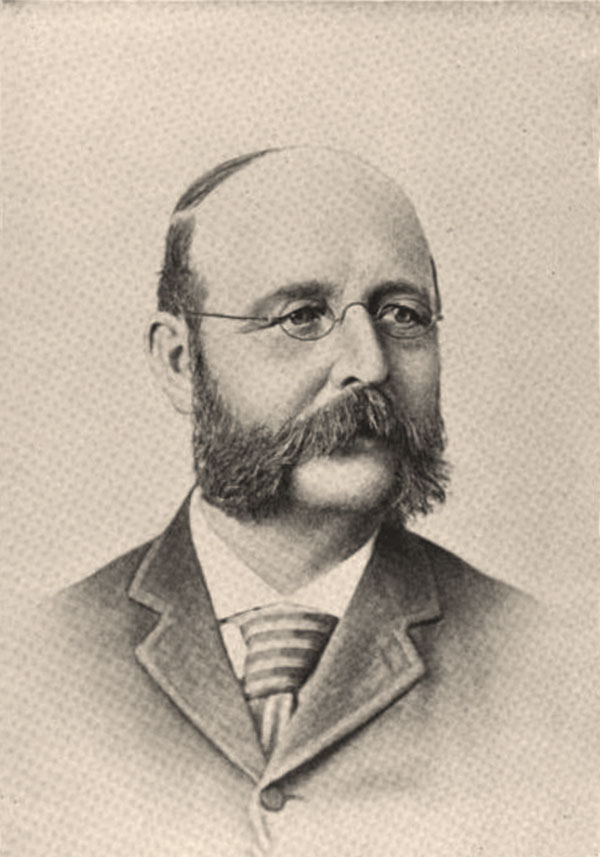Significant American Oratorio - 1873

John Knowles Paine, composer of the oratorio St. Peter.
Introduction
John Knowles Paine was one of the first American composers noted for writing large orchestral works. He achieved recognition when he wrote a Mass that premiered in Berlin. He also wrote symphonies, an opera, symphonic poems, and organ works. (His father in fact built the first pipe organ in Maine!) On this day 3 June, 1873, an ensemble in Portland, Maine produced another of Paine’s religious works, his two-hour-long oratorio St. Peter. The work was very much in the Romantic tradition and offered much beautiful music. Some of it—for instance, “Peter’s Denial and Repentance”—has lovely plaintive strains. Paine divided the oratorio into four sections. The Divine Call, The Denial and Repentance, The Ascension, and Pentecost. Although well-worth listening to, St. Peter suffered in its own day by comparison with Mendelssohn’s St. Paul. Today’s quote is from subsection no. 21, a chorale in The Ascension section. It is based on an Easter hymn by Louisa of Brandenburg for which Johann Crüger had either composed or harmonized the music.
Quote
Jesus, my Redeemer, lives,
Naught from him my soul can sever;
Bright the hope this promise gives,
I with him shall live forever;
Shall I fear then? Can the head
Rise and leave the members dead?
Source of text: Paine, John Knowles. St. Peter: an Oratorio. Boston: Oliver Ditson & Company, 1872. Source of date: Lahee, Henry Charles. Annals of Music in America: A Chronological Record of Significant Musical Events. Boston: Marshall James, 1922. Source of image: Paine, John Knowles. Famous composers and their music: Extra illustrated edition of 1901.





